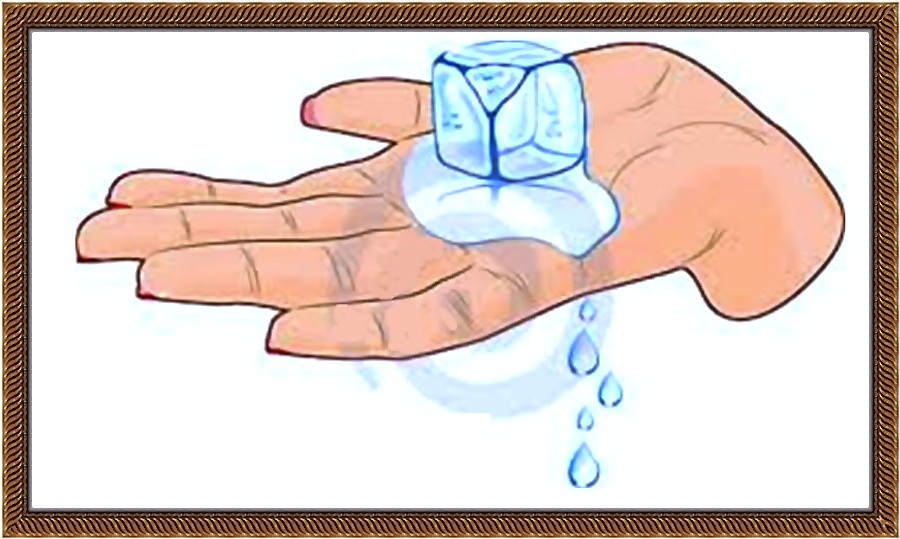Losing weight quickly can be a challenging task, but with the right approach and dedication, it’s possible to achieve your weight loss goals. In this post, you will know some effective tips and strategies to help you lose weight quickly.
How to Lose Weight Quickly
- Create a Calorie Deficit
- Eat a Balanced Diet
- Drink Plenty of Water
- Increase Physical Activity
- Get Enough Sleep
- Reduce Stress
- Track Your Progress
- Consider Professional Help
1. Create a Calorie Deficit
The key to losing weight is creating a calorie deficit, which means you consume fewer calories than your body burns in a day. A pound of fat is equal to 3,500 calories, so to lose one pound of weight, you need to create a calorie deficit of 3,500 calories. To lose weight quickly, you’ll need to create a larger calorie deficit.
To calculate your daily calorie needs, you can use an online calculator or consult with a healthcare professional. Once you know your daily calorie needs, you can create a calorie deficit by eating fewer calories or increasing your physical activity. For example, if your daily calorie needs are 2,000 calories, you could aim to consume 1,500 calories per day to create a calorie deficit of 500 calories.
2. Eat a Balanced Diet
While creating a calorie deficit is important, it’s also essential to eat a balanced diet that includes all the necessary nutrients. A balanced diet should include fruits, vegetables, whole grains, lean protein, and healthy fats. These foods provide the necessary vitamins, minerals, and fiber to keep your body functioning properly while also helping you feel full and satisfied. Avoid fad diets that eliminate entire food groups or severely restrict calorie intake, as they can be difficult to maintain and may not provide all the necessary nutrients your body needs.
3. Drink Plenty of Water
Drinking water is essential for weight loss, as it can help you feel full and reduce calorie intake. Aim to drink at least eight cups of water per day and consider drinking a glass of water before each meal to help you eat less. Avoid sugary drinks like soda, sports drinks, and energy drinks, as they can be high in calories and contribute to weight gain.
4. Increase Physical Activity
In addition to creating a calorie deficit through diet, increasing your physical activity can also help you lose weight quickly. Aim to get at least 150 minutes of moderate-intensity exercise or 75 minutes of vigorous-intensity exercise per week. You can increase your physical activity by taking brisk walks, running, cycling, swimming, or engaging in other forms of exercise that you enjoy. Resistance training can also be helpful for building muscle, which can increase your metabolism and help you burn more calories throughout the day.
5. Get Enough Sleep
Sleep is essential for weight loss, as it can affect hormones that regulate hunger and metabolism. Aim to get at least seven hours of sleep per night and try to establish a regular sleep schedule to promote better sleep quality.
6. Reduce Stress
Stress can contribute to weight gain, as it can lead to emotional eating and disrupt hormone levels that regulate hunger and metabolism. To reduce stress, consider practicing relaxation techniques like meditation, yoga, or deep breathing exercises.
7. Track Your Progress
Tracking your progress can help you stay motivated and on track with your weight loss goals. Consider using a food diary or a fitness tracker to monitor your calorie intake and physical activity levels.
8. Consider Professional Help
If you’re struggling to lose weight on your own, consider consulting with a healthcare professional or a registered dietitian. They can provide personalized guidance and support to help you reach your weight loss goals.
Conclusion
Losing weight quickly requires creating a calorie deficit through a balanced diet and increased physical activity. Drinking plenty of water, getting enough sleep, and reducing stress can also be helpful. Tracking your progress and considering professional help can also be beneficial. Remember, losing weight quickly is not easy, and it’s important to approach weight loss with patience, dedication, and consistency.




